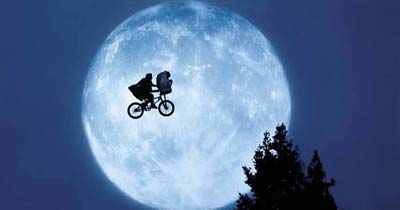How Dare We Demand that Darwinism Be Supported by Actual Scientific Evidence!
If only Darwinists could come up with a body of convincing scientific evidence to support Darwin’s theory: after 150 years of assuring us, such evidence surely must exist. As recently as May of this year, the best that a Darwinist as prominent as Professor Francisco Ayala of UC Irvine could come up with as examples of evolution in action was: (1) bacterial resistance to antibiotics; (2) insect resistance to pesticides; and (3) the evolution of fur coloring of desert rodents. (Ayala, “Darwin’s Greatest Discovery: Design without designer,” Proceedings of the National Academy of Sciences (May 2007).) These examples of “evolution” appear to be microevolution in action; none of them even approach the level of one species “evolving” into another species. On the other hand, there are aspects of the fossil record, such as the Cambrian Explosion, that appear to contradict Darwin’s theory of small gradual changes over time, and for which neo-Darwinism still offers no plausible explanation. (Ayala wisely avoids the subject in his article, by starting his history of modern life after the Cambrian Explosion.) Stasis and “living fossils” are another paradox of Darwinian evolution. Yet according to Ayala, the bacteria that are the oldest organisms on Earth have not changed at all in the billions of years of their existence! This observation does not help Darwinian evolution explain the origin of new types of living organisms.
Read More ›






































